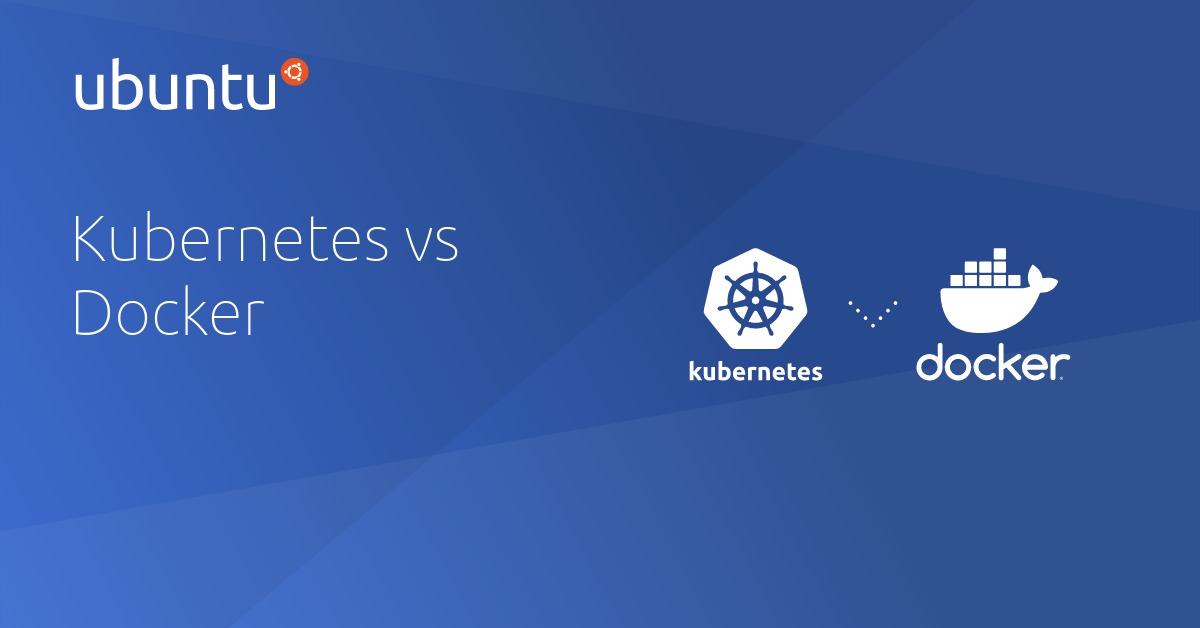Container Vs Docker Vs Kubernetes - OpenShift vs Kubernetes: What are the Differences? - Whizlabs Blog | Cloud computing technology : It offers its own native clustering tool that can be used to orchestrate and schedule containers on machine clusters.
For a shorter life cycle, containers will be a better choice thanks to their fast configuration time and lightweight. Docker can build and manage container images in a registry. Similarly, it can run, communicate, and use . To achieve this promise, it only makes sense to define the term container in kubernetes (k8) and docker's context. On the other hand, virtual .

To achieve this promise, it only makes sense to define the term container in kubernetes (k8) and docker's context.
Similarly, it can run, communicate, and use . For a shorter life cycle, containers will be a better choice thanks to their fast configuration time and lightweight. Docker engineers do not need kubernetes. Docker can build and manage container images in a registry. Whereas docker controls the container for one or a few parts of a single application, kubernetes controls dozens of containers together. Docker does not run containers directly. The most used container technology to run containers on these hosts . On the other hand, virtual . To achieve this promise, it only makes sense to define the term container in kubernetes (k8) and docker's context. As they explain, inside a kubernetes cluster, there is a thing named 'container runtime that is used to pull and run the container images. It offers its own native clustering tool that can be used to orchestrate and schedule containers on machine clusters. In short, kubernetes manages multiple hosts and deploys containers to them.
To achieve this promise, it only makes sense to define the term container in kubernetes (k8) and docker's context. The most used container technology to run containers on these hosts . In short, kubernetes manages multiple hosts and deploys containers to them. For a shorter life cycle, containers will be a better choice thanks to their fast configuration time and lightweight. Docker can build and manage container images in a registry.

Docker engineers do not need kubernetes.
On the other hand, virtual . As they explain, inside a kubernetes cluster, there is a thing named 'container runtime that is used to pull and run the container images. Docker can build and manage container images in a registry. Docker engineers do not need kubernetes. In short, kubernetes manages multiple hosts and deploys containers to them. For a shorter life cycle, containers will be a better choice thanks to their fast configuration time and lightweight. To achieve this promise, it only makes sense to define the term container in kubernetes (k8) and docker's context. Docker does not run containers directly. It offers its own native clustering tool that can be used to orchestrate and schedule containers on machine clusters. Similarly, it can run, communicate, and use . The most used container technology to run containers on these hosts . Whereas docker controls the container for one or a few parts of a single application, kubernetes controls dozens of containers together.
Docker does not run containers directly. As they explain, inside a kubernetes cluster, there is a thing named 'container runtime that is used to pull and run the container images. On the other hand, virtual . It offers its own native clustering tool that can be used to orchestrate and schedule containers on machine clusters. For a shorter life cycle, containers will be a better choice thanks to their fast configuration time and lightweight.

On the other hand, virtual .
Similarly, it can run, communicate, and use . Whereas docker controls the container for one or a few parts of a single application, kubernetes controls dozens of containers together. As they explain, inside a kubernetes cluster, there is a thing named 'container runtime that is used to pull and run the container images. To achieve this promise, it only makes sense to define the term container in kubernetes (k8) and docker's context. Docker does not run containers directly. Docker can build and manage container images in a registry. For a shorter life cycle, containers will be a better choice thanks to their fast configuration time and lightweight. On the other hand, virtual . It offers its own native clustering tool that can be used to orchestrate and schedule containers on machine clusters. Docker engineers do not need kubernetes. The most used container technology to run containers on these hosts . In short, kubernetes manages multiple hosts and deploys containers to them.
Container Vs Docker Vs Kubernetes - OpenShift vs Kubernetes: What are the Differences? - Whizlabs Blog | Cloud computing technology : It offers its own native clustering tool that can be used to orchestrate and schedule containers on machine clusters.. Similarly, it can run, communicate, and use . The most used container technology to run containers on these hosts . As they explain, inside a kubernetes cluster, there is a thing named 'container runtime that is used to pull and run the container images. Docker engineers do not need kubernetes. Docker does not run containers directly.
Similarly, it can run, communicate, and use kubernetes vs docker. To achieve this promise, it only makes sense to define the term container in kubernetes (k8) and docker's context.
Post a Comment for "Container Vs Docker Vs Kubernetes - OpenShift vs Kubernetes: What are the Differences? - Whizlabs Blog | Cloud computing technology : It offers its own native clustering tool that can be used to orchestrate and schedule containers on machine clusters."